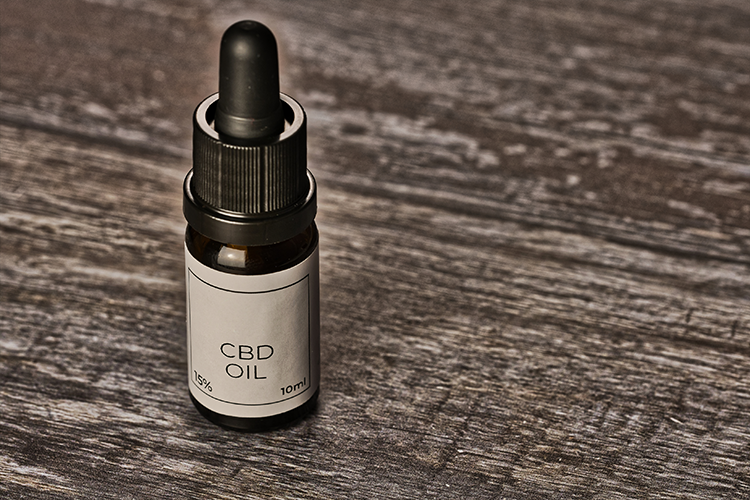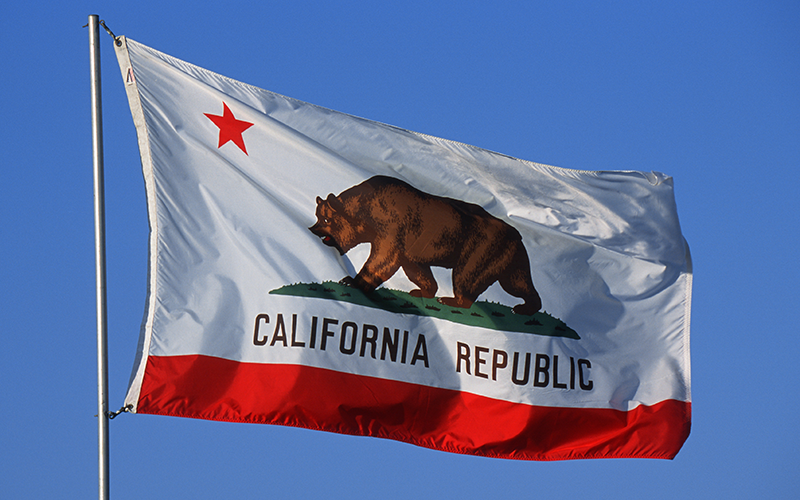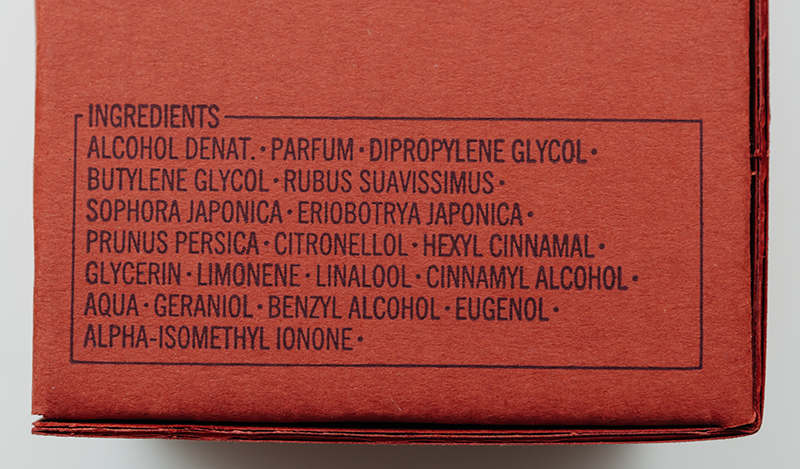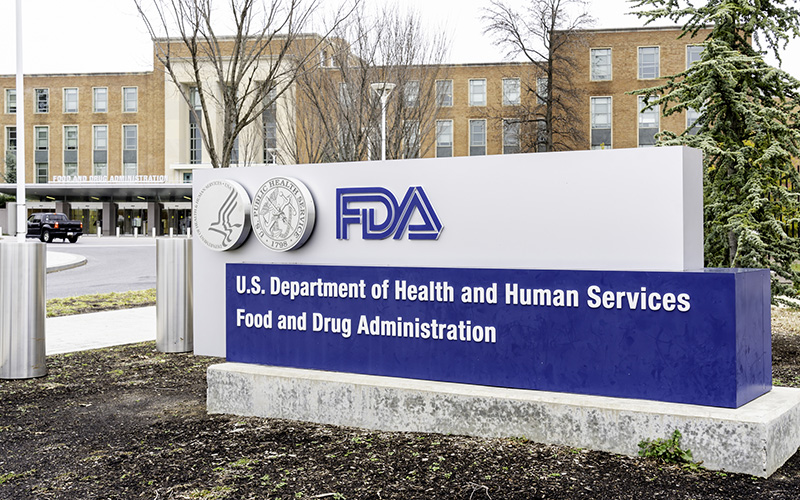Category: Legislation & Regulation
-

What about CBD Oil?
CBD is short for cannabidiol, one of the many compounds found in the cannibis plant. It is non-intoxicating, but many claim it has significant physical benefits. “Hemp” and “marijuana” have been lumped into the same category since the 1937 Marijuana Tax Act and the 1970 Controlled Substances act. However, in December the 2018 Farm Bill […]
-

Certificate of Free Sale
A Certificate of Free Sale is a document that provides proof that a product is being freely and legally sold without restriction. It is sometimes also called a “Certificate for Export” or “Certificate to Foreign Governments.” When Is a Certificate of Free Sale Needed? A Certificate of Free Sale is needed if you are exporting […]
-

Why is Regulatory Compliance Important?
When looking at the minutiae of labeling a soap or cosmetic product, it’s easy to forget the big picture. Why are all these regulations in place? Why is it important to comply with them? Why Are There Regulations At All? In the USA, regulations are the rules that are put in place to implement the […]
-

California Cosmetic Regulations Updated
Two bills concerning cosmetic manufacturing in California have been working their way through the legislative process. California Governor Jerry Brown signed AB 2775 on Sept 14th, 2018, and SB 1249 went to the Governor on September 12th. What does it mean for handcrafted cosmetics? AB 2775 – Professional Cosmetic Labeling California AB-2775 requires that all cosmetics […]
-

Making Cosmetics in Connecticut
Connecticut requires that Cosmetic Manufacturers get licensed. Licensing requires an inspection that is primarily focused on Good Manufacturing Practices.
-

If One, Then All?
“If you put one ingredient on your soap label, you have to list them all” is an idea is being bandied around a lot lately. But is it true? As with most questions about legal stuff and regulations, yes… and no. Cosmetics If the product is a cosmetic, then the answer is a resounding YES. […]
-

Natural Colorants for Soap & Cosmetics
For most people making and selling handcrafted soap and/or cosmetics “natural colorants” means ingredients such as herbs and spices that will change the color of your product. If you do a Google search for “natural colorants” you will find articles, posts, messages, books, webinars, and much more detailing the many ways you can make beautiful and […]
-

Another FDA Warning Letter
The FDA just (July 2017) published a warning letter to a cosmetic manufacturer in St. Louis. Once again, the FDA reviewed the website and cited drug claims: “…the claims on your website establish that the products are drugs under the … Food Drug and Cosmetic Act … because they are intended for use in the […]
-

FDA “Discretionary Enforcement”
Last March (2017), I sent a Freedom of Information Request to the FDA, asking for details on any decisions they had made to use “discretionary enforcement” on some regulations. It seems that there are some labeling regulations which the FDA has apparently decided not to enforce, but they haven’t really said anything publicly. That may […]
-

More About “Natural” Claims
The FDA doesn’t regulate the term “natural” for cosmetics, but the FTC has taken action against deceptive claims of “all natural” cosmetics under their authority over “deceptive practices.” Who Has Authority? When it comes to cosmetic products, their safety and labeling, the FDA has authority. But as an interesting historical note, when the Food Drug […]
-

What About Glitter?
Oooh, pretty! Shiny! Sparkles! Glitter! But can you put it in soap or cosmetics? The FDA regulates color additives that may be used in cosmetics, and “glitter” is not on the list of approved color additives. In fact, the FDA says that glitter is not an approved color additive. BUT, you can see glitter in all […]
-

Lawsuits Over “Organic” Cosmetics
Babyganics is now the last in a long line of cosmetic companies sued for false advertising over organic-type claims. Last month (Sept 2016) there were two suits filed against Babyganics, one for falsely advertising and implying their products are organic and one by a mom who alleged that her toddler sustained chemical burns from Babyganics tear-free […]

